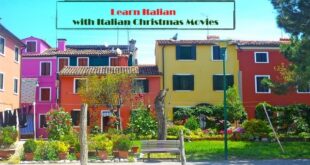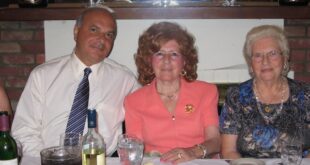Boomers and Seniors: How did things go so wrong?
Recent studies indicate that only 48 percent of those 65 and older have even basic documents such as financial powers of attorney. Worse yet, less than 60 percent have health care powers of attorney in place.
Boomers and Seniors: Estate Planning is not just for the rich!
Furthermore, estate planning is not just about death and dying, but rather about living in the second half of your life.
This involves consideration of the following:
* How to cover living expenses during the elder years and retirement years
* How to access Medicare in the best way possible
* How to make the correct Social Security “take” options
* How to qualify for Medicaid to pay for nursing home care that Medicare won’t cover (which by the way is most of your nursing home care)
* The right powers of attorney, wills and/or trusts after receiving the correct counseling so you can determine which approach personally fits you the best
So let the conversation begin about:
* Social benefit programs (Medicare, Social Security, “Obamacare”, Medicaid, etc.)
* Transferring assets to and from joint ownership
* The variety of trusts that are used based on the advice of competent counsel, such as stand alone special needs trusts, self-settled special needs trusts, third party special needs trusts for a disabled loved one, and powers of attorney that have built into them not just what the standard form contains, but other additional and important provisions that only competent elder law counsel can insert that will help you, the senior, but not hurt your agent from a fiduciary responsibility or tax standpoint.
You know that much has been discussed over the years about automated document production software that is easily available through the Internet. All these systems can create plenty of paper, but they cannot create the professional judgments that go into the formation of a document that will serve you and your needs. For example, there is no document creation software that can make professional judgments for you, personally, about:
* Tax provisions
* Investment and property management provisions
* Principal/income provisions
* The ability of fiduciaries to appoint agents
* Specific gifts to persons
* Whether a “pot trust” or separate trusts are better for younger beneficiaries
* Disposition of tangible personal property items
* Issues pertaining to expenses and tax/cost apportionment
* How to handle IRA’s, 401-k’s, and insurance policies
* Annuities, etc., that are not covered in your will or trust
* How to deal with special beneficiary problems for either minor children or adult disabled children
Finally let’s start discussions about basic asset protection, such as:
* How much liability insurance should you carry?
* When should you buy long-term care insurance?
* What type of long-term care insurance you should buy (traditional or hybrid)?
* What sort of asset protection entities might help you (corporation vs. LLC, etc.)?
* In what jurisdiction should they be formed (Illinois or elsewhere)?
* Should your home be in a trust or in tenancy by the entirety or something else?
* What is the appropriate way to use 529 accounts?
* What is the appropriate use of UTMA custodial accounts?
* What sort of protection can we derive from retirement accounts?
* What sort of asset transfers are appropriate to protect against litigation and/or creditors?
* What sort of asset transferring can be done to protect against the devastating cost of nursing care ($6,000 to $10,000 per month) at the end of life?
Boomers and Seniors: Think you’re done? The truth is, most of us have not even started.
For more, call 847-292-1220, e-mail abferraro@abferrarolaw.com or visit www.ABFerraroLaw.com.
 Fra Noi Embrace Your Inner Italian
Fra Noi Embrace Your Inner Italian





